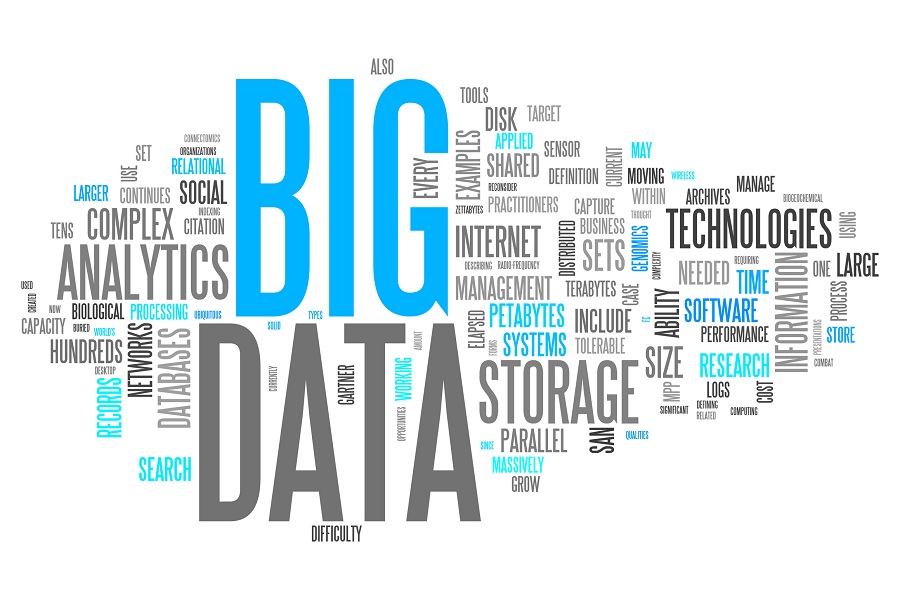Putting value on Big Data
Data is clearly valuable to the companies that collect it. But how valuable is it to the wider economy?

The value of data to others, though, is harder to capture. In some cases, such as credit rating agencies, the value of data is how much consumers, or companies, are willing to pay for it.
For businesses in sectors such as financial services, manufacturing, or retail, the value of data might be more specific to the firm: cutting down on waste, reducing lost sales opportunities, for example through items being out of stock, or encouraging customers to spend more with them, by offering more targeted products, and services at the right time.
It is this group, for now, which creates the most economic value through big data. And in aggregate, those data are worth significant sums to the economy. Cebr calculates that the equity in big data could add 216bn to the UK economy by 2013, and create 58,000 jobs. For Ireland, big data is worth 27 billion over the same timescale.
But unlocking the potential of data is not just an IT issue. Of course, IT has a key role to play in securing and storing data, and making it accessible to the business. It is the business, though, that has to turn data into profits.
Stephen Pritchard is a contributing editor at IT Pro.
Sign up today and you will receive a free copy of our Future Focus 2025 report - the leading guidance on AI, cybersecurity and other IT challenges as per 700+ senior executives
-
 How the UK public sector could benefit from strategic channel partnerships
How the UK public sector could benefit from strategic channel partnershipsIndustry Insights Is the channel the answer to the growing cost vs budget problem facing the public sector?
-
 Microsoft wants to replace C and C++ with Rust by 2030
Microsoft wants to replace C and C++ with Rust by 2030News Windows won’t be rewritten in Rust using AI, according to a senior Microsoft engineer, but the company still has bold plans for embracing the popular programming language
-
 Put AI to work for talent management
Put AI to work for talent managementWhitepaper Change the way we define jobs and the skills required to support business and employee needs
-
 More than a number: Your risk score explained
More than a number: Your risk score explainedWhitepaper Understanding risk score calculations
-
 Four data challenges holding back your video business
Four data challenges holding back your video businesswhitepaper Data-driven insights are key to making strategic business decisions that chart a winning route
-
 Creating a proactive, risk-aware defence in today's dynamic risk environment
Creating a proactive, risk-aware defence in today's dynamic risk environmentWhitepaper Agile risk management starts with a common language
-
 How to choose an HR system
How to choose an HR systemWhitepaper What IT leaders need to know
-
 Sustainability and TCO: Building a more power-efficient business
Sustainability and TCO: Building a more power-efficient businessWhitepaper Sustainable thinking is good for the planet and society, and your brand
-
 What is small data and why is it important?
What is small data and why is it important?In-depth Amid a deepening ocean of corporate information and business intelligence, it’s important to keep things manageable with small data
-
 Microsoft's stellar cloud performance bolsters growth amid revenue slump
Microsoft's stellar cloud performance bolsters growth amid revenue slumpNews The tech giant partly blames unstable exchange rates and increased energy costs for the slowdown